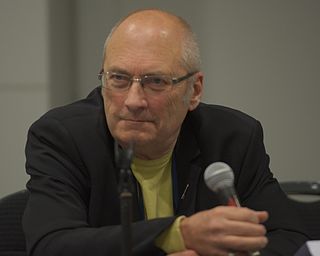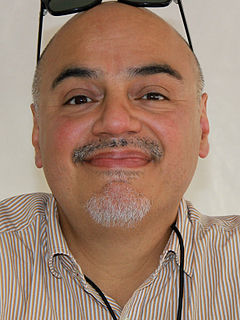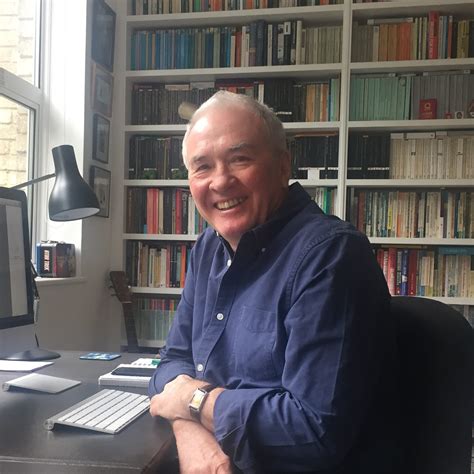A Quote by Paul Di Filippo
Technically and logically speaking, actual Victorian science fiction writers cannot be dubbed 'steampunks.' Although they utilized many of the same tropes and touchstones employed later by twenty-first-century writers of steampunk, in their contemporary hands these devices represented state-of-the-art speculation.
Related Quotes
The entire Internet, as well as the types of devices represented by the desktop computer, the laptop computer, the iPhone, the iPod, and the iPad, are a continuing inescapable embarrassment to science fiction, and an object lesson in the fallibility of genre writers and their vaunted predictive abilities.
Jorge Luis Borges was lamenting a variety of Orientalism that was used to measure the alleged authenticity of Argentine and Latin American writers in the midcentury. The Argentine literary tradition was believed by many, including many Argentines, to be concerned with a national imaginary in which the gauchos and the pampas and the tango were fundamental tropes. Borges, in part to legitimize his own Europhilia, correctly pointed out that expecting writers to engage with these romantic nationalist tropes was arbitrary and limiting, a genre that was demonstrative of its own artificiality.




































